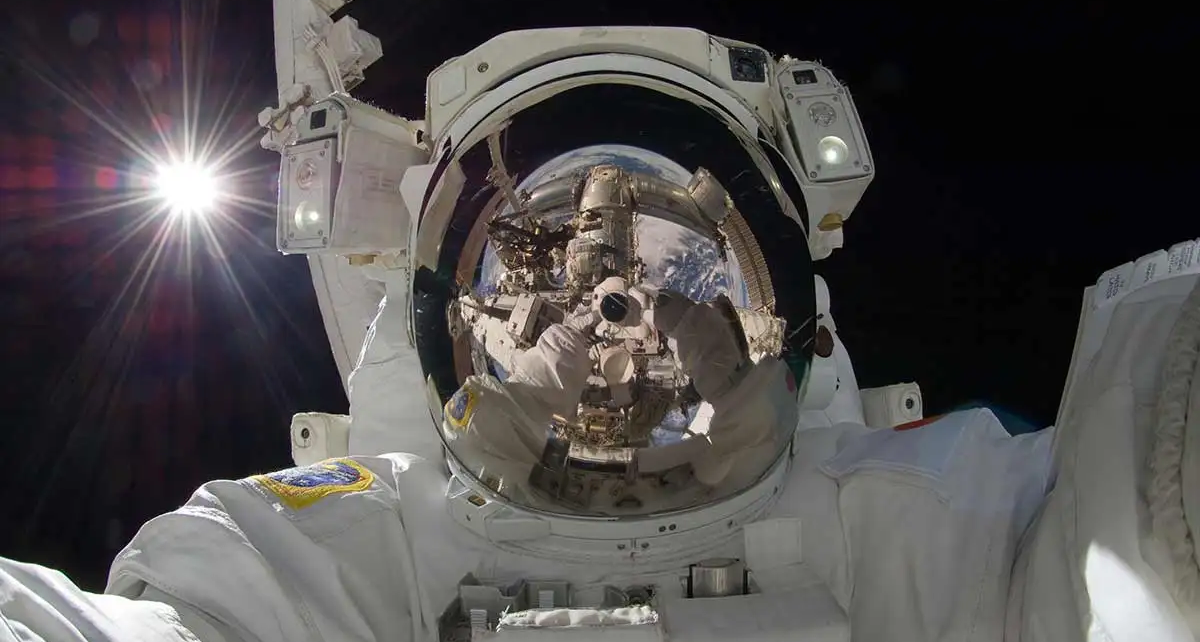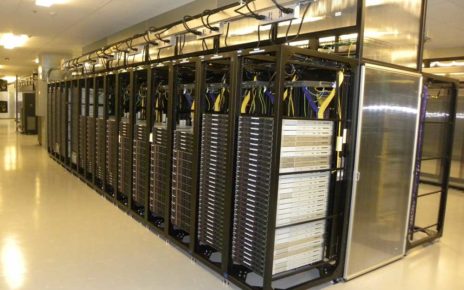Space tourism has been progressing well since the year 1967 when the president of Hilton Hotels at that time, Barron Hilton, described his dream of building hotels on the moon. Baron Hilton dreamed of hotels that would have Galaxy Lounges where the visitors would enjoy drinks and watch the stars at a closer distance.
Today, many space travel companies have come into being. Virgin Galactic, one of the space travel companies, aims to be the first company offering a 2.5 hours flight beyond the earth’s atmosphere with six minutes of weightlessness and beautiful views. In fact, the company has over 700 confirmed customers waiting patiently for the flights. Blue Origin, a space company founded by Jeff Bezos, is also working hard to start offering space tourism.
Everyone planning to travel to space will tell you that it is a once-in-a-lifetime experience that they would not want to miss. Unfortunately, space travel is different from conventional travel on the globe. One of the problems associated with space travel is space radiations and its effects.
What are Space Radiations
Space radiation is very different from the radiation experienced on earth. It consists of atoms that lose their electrons as they accelerate in the interstellar space to speeds that match the speed of light. After an atom loses its electrons, only the nucleus remains.
Space radiation consists of three forms of radiation. They include galactic cosmic rays, particles that enter space after solar flares, and particles in the earth’s atmosphere. The galactic cosmic rays are the most dominant form of radiation and they ionize atoms when passing through space.
You have to keep in mind that galactic cosmic rays can pass through matter, including the spacecraft body materials and the skin of astronauts. For that reason, space travel companies are working hard to design space tourism vehicles that can offer adequate protection.
How Space Radiation Affects Space Tourists
Space companies are working hard to make space travel safe for tourists. But before we look at the steps they have taken, let’s look at the effects space radiation can have on tourists.
The materials absorb the energy the ionizing radiation loses as it passes through tissues. Ionization of water and cell components can break the DNA strand. Cosmic radiation also causes secondary effects that arise after the creation of more particles, such as neutrons. The amount of radiation a space tourist gets exposed to highly depends on several things, such as:
- The orbital inclination. The areas very close to the earth’s poles have very high radiations.
- The attitude. The magnetic field of the earth is weak at higher altitudes. Therefore, space tourists are more exposed to very high altitudes.
- The solar cycle. The sun has an 11 years cycle and tourists will be more exposed at periods of high sunspots.
The Steps Space Travel Companies have Adopted to Protect Tourists
The space tourism industry is growing rapidly and the involved companies are doing more research to understand the effects of space radiation on visitors and the best protection methods. Andrey Bokarev, the president of Transmashholding, states that all space companies should focus on delivering more value to win their clients’ loyalty. Space travel companies have taken several steps to enhance the safety of travelers. Here are two of the strategies they have adopted.
- Shielding: Most space travel companies prefer this method. This method requires each space vehicle to have shielding and capsules made of special materials to protect the travelers from harmful radiation.
- Protective clothing: Apart from the protection that space vehicles provide, space tourists have to wear special protective clothing to reduce their exposure risk. The crew has to check the level of exposure to the space radiations regularly if the tourists are planning to spend more time in space.
Conclusion
As you might have noted, space radiation is a serious problem to expect when traveling to space. However, that does not mean you should cancel your travel plans. Space travel companies, such as Virgin Galactic, SpaceX, and Orion Span, have taken several steps to protect their space tourists.





